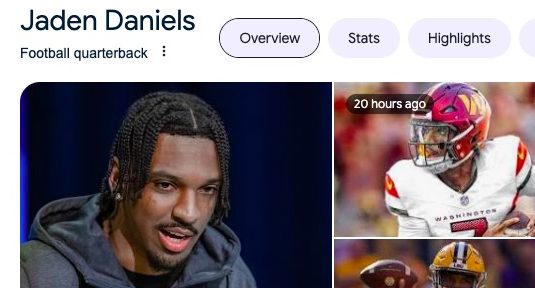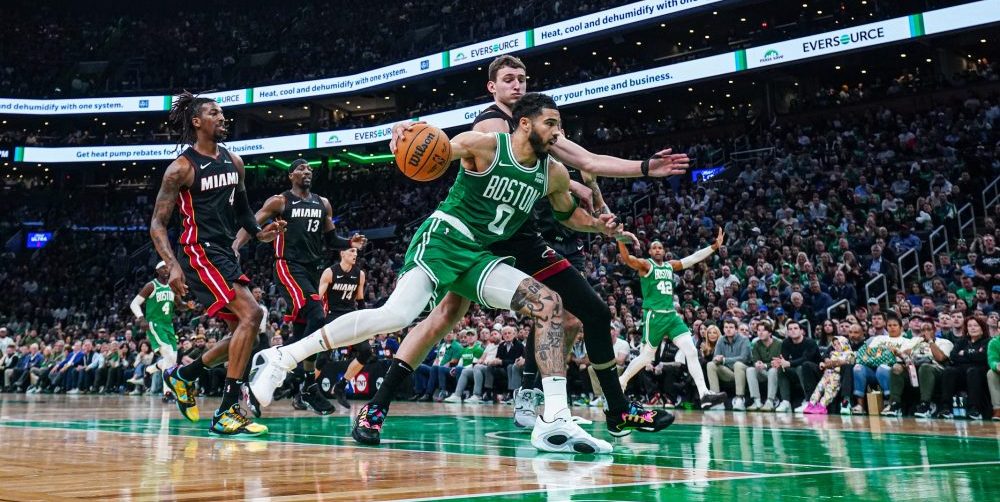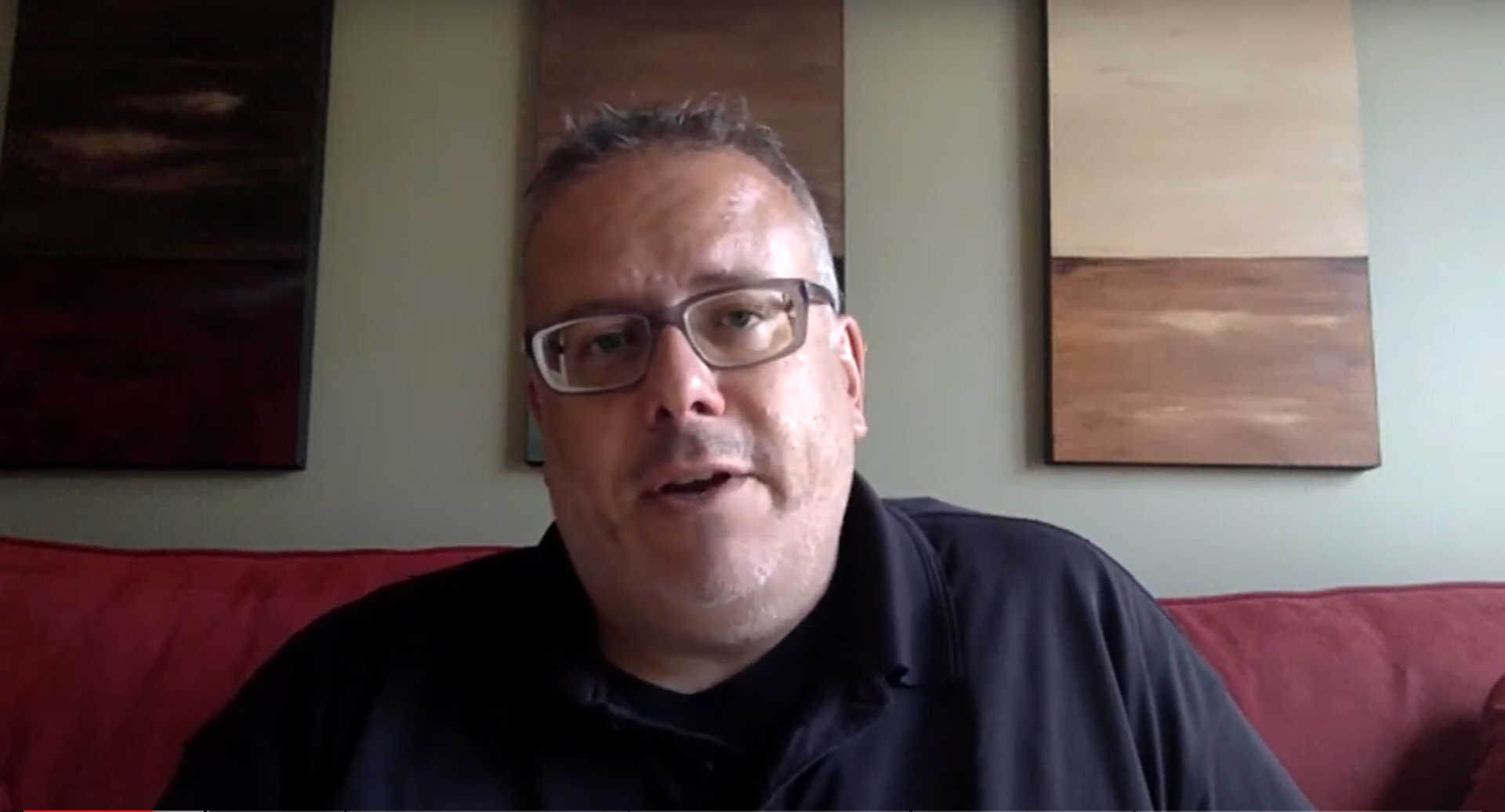After a 19-year major league career, Raul Ibanez is keeping himself quite busy these days. After a successful postseason as a studio analyst for Fox last October, Ibanez has moved over to ESPN for a part-time role with Baseball Tonight in addition to his new role as a special assistant for the Los Angeles Dodgers.
In a phone interview with Awful Announcing from his home in suburban Washington state, Ibanez discussed his two new jobs, how Ichiro Suzuki is still batting over .300 at age 42, his most memorable game as a Yankee and his thoughts on the Make Baseball Fun Again movement.
Note: This interview has been edited for length and clarity.
When people get the title of special assistant to a general manager, not many people really know what that means. What does your job entail with the Dodgers?
I’m the special assistant to President of Baseball Operations Andrew Friedman, and what that essentially means is I went to Spring Training and spent some time with the guys on the major league side, on the minor league side. An advisory-type role. Whatever Andrew Friedman needs, he knows he can call upon me and I am happy to help out in any way I can.
I was recently in Tulsa, Oklahoma with our AA team and sometimes that means I just go down there and spend time with the coaches, spend time with some of the players. You’re really just sharing your experiences and advising young players and helping in any way you can using the experience from when you played and using your eyes, and any observations that you make could help. That’s really what you’re doing.
On top of that, what made you decide to also want to do Baseball Tonight?
Well I did some television work last year and I really enjoyed it. And this year the opportunity came up to work for ESPN, and so I signed up to do some Baseball Tonight. They’ve also had me do some games as an analyst and I’m having a blast doing it.
And you did Fox last year?
Yeah. I had a blast there, met some great people there, learned a lot from the time that I was there. We parted ways on great terms there and I really enjoyed that opportunity and I’m thankful for it. Both parties, ESPN and the Dodgers, have been fantastic in allowing me to do both and it’s been a great experience so far.
How do you deal with those potential conflicts of interest that may emerge between ESPN and the Dodgers? When a topic comes up on the Dodgers, is there a certain protocol that you have to follow?
If that ever came up, you just have to give your honest assessment on ESPN. On television, you give your honest assessment, your honest two cents and the Dodgers have been fantastic as far as that goes. There’s no censoring or anything like that.
Fortunately, none of those conflicts have come up, but I don’t foresee that being a problem anyway because I think if you’re straightforward, honest and genuine, there’s a way of telling what you see without being overly aggressive or overly critical. If a play or something that’s going on is not up to the standards that’s expected in Major League Baseball, then you have to give your honest assessment. And you may offer opinions or solutions, but you don’t have to overly critical of something.
The game is very, very difficult to play, and that’s one thing I haven’t forgotten and I won’t forget. The game of baseball is the hardest game to play on the planet, in my opinion. Hitting a baseball is very difficult, and you know these players are pouring their hearts and souls into every performance and every pitch and every play that’s made. So I start from there and I work backwards, and I know how difficult it is.
But I also know that there’s a certain standard the players expect, the fans expect and the clubs expect. And that’s what you’re there for, to provide analysis in that regard.
In your experience with ESPN and Fox, what are the differences between the two jobs?
With ESPN, I’m getting the opportunity to do actual games, and I’ve had the opportunity to work with Boog Sciambi, Dave Flemming, Rick Sutcliffe, Eduardo Perez, and Dallas Braden, and I’m getting all of these tremendous experiences from all these different colorful personalities and all these people that are so professional. So the main difference is that I’m getting to do actual games rather than studio work.
Again both are great networks, ESPN’s been fantastic and they’ve been incredibly helpful as well. So I’ve just been a blessed man, really.
I’m sure when you were a player, you were looking at television analysts in a certain way. Now that you’re on the other side, how do you view everything?
As a player— and it’s one thing that I have to remind myself of constantly— you listen to the announcers during the game and you think to yourself ‘well of course that’s what’s happening right now.’ Because the announcers are explaining it to the fans at home.
And sometimes as an analyst, I forget that I’m not explaining it to the locker room. So you have to explain it to the masses, because the overwhelming majority of the people watching don’t know as much about Major League Baseball as a player. So you have to explain it to them in that fashion. So that’s one of the things that I struggle with right now, is remembering that I have to explain this in detail to somebody that may watch one game of baseball a week instead of somebody who plays baseball every day of their lives and spends 100 hours a week doing this job.
As a player, when you’re listening to some of these announcers on television, you look at it a little differently than now when I’m the one explaining it. It’s made me sharper and it’s making me question what I know and what I think I know a little bit, because you only have a certain amount of time to condense the message. The people at ESPN have done a fantastic job of helping me take a longer message and make it shorter.
So you’re 44 years old. And your former teammate Ichiro Suzuki is 42, and he’s hitting about .350 right now. What do you remember from your time playing with him and how is he still playing at such a high level?
Well he’s fantastic. Nobody prepares better. Ichiro was my throwing partner in Seattle, he was my locker-mate for four years in Seattle and then we were together with the Yankees again and we still remain friends to this day.
As far as preparation and attention to detail goes, nobody’s been better as far as I’m concerned. He’s obsessed with every detail of the game and every detail of his preparation. So I’m not surprised at all that he’s able to adjust and adapt at this stage in his career. This is not surprising to me or to those that played with him.
He keeps himself in great physical shape and the one thing I’ll say about Ichiro is his discipline to stay within his own game is better than anyone I’ve ever seen. He could have hit 30 home runs, he chose to hit .330-.340 and that requires such an incredible amount of discipline to not fall into ‘just because I can hit homers doesn’t mean I’m going to hit homers.’ To know exactly what type of hitter you are and to continue year in and year out with that level of consistency is just phenomenal. He’s a master of his craft, and that’s the highest compliment from one craftsman to another.
I’m so fortunate not just to have played with him but to be his friend.
Do you remember where you were on October 10, 2012?
I’m guessing that was the Baltimore Orioles game, right?
Yes. I was at that game in the top row in the upper deck at Yankee Stadium and I remember the stadium shaking when you hit those two home runs to win the game in the ALDS. What do you remember from that game?
I remember Joe [Girardi] coming down to tell me that I was pinch hitting in the 9th inning. I remember finding out that I was actually pinch hitting for A-Rod. I remember how uncomfortable I was when I actually got the call to pinch hit, and I was uncomfortable because Alex is one of the all-time great players but he’s also a great teammate and friend and I’ve known him forever.
And I remember stepping in the box and having to refocus. I remember having to tie my shoe on the way to home plate, to fake like I had to tie my shoe because I was so uncomfortable with the entire situation that I had to take a deep breath and refocus. Then I remember hitting the first home run and coming around and Alex being there. And I also remember that if I got the opportunity to get up again, I had a strong belief that it was going to happen again.
Then I remember going around first base and just hearing the stadium, but I couldn’t wait to get to home plate to celebrate with my teammates. That’s all I remember, that I couldn’t wait to get to celebrate with them because we had been through so much as a team and just to want to get to home plate to celebrate together.
One of the biggest storylines in the game right now is the issue of bat flipping and Make Baseball Fun Again and this whole new school versus old school debate. What are your thoughts?
It depends on what you equate with fun. Fun to me is winning. Fun to me is defeating my opponent and celebrating with my teammates. Collective victory was fun to me.
I would say that today, we celebrate much more than we did 20 years ago, or 10 years ago. I don’t mind, to be honest with you— and I’ve spoken to many pitchers, top level pitchers— I don’t mind a guy flipping his bat when he hits a home run if it’s a big moment. Jose Bautista’s bat flip, that was a huge moment for him, for that team, for that city. He got caught up in the moment, and there’s nothing wrong with that. You’re part of a big moment.
I think people need to understand that as a professional, I poured every ounce of my being in every moment I was awake— and probably asleep— into being the best that I could be. And when somebody got me out, I was already humiliated. I was already embarrassed and disappointed and disgusted with myself for not getting it done. But if you add insult to injury where the pitcher starts dancing around on the mound and you don’t expect someone to be offended by it, then you’ve never put on a uniform and felt the feeling and the dejection from when you fail.
Personally, I didn’t want to show up the pitcher because I understood that he’s in the same boat I was. Beating him was enough for me. I didn’t feel the need to throw my bat and to stand there and watch a home run, because winning that moment meant everything to me. And I guess it’s more about substance over style for me. There are people today who think it’s style over substance, and that’s okay, that’s their prerogative.
There’s probably going to continue to be repercussions as long as the game is played, because guys are competitive. You don’t get to the major leagues just on your talent, you have to be incredibly competitive and hyperfocused on your craft. There’s still going to be guys that get offended by it and there are going to be guys that feel it’s okay. And that debate will go on. When I played, I didn’t feel the need to do that because I cared more about the substance and the moment and about winning that pitch and winning for my team.







Comments are closed.